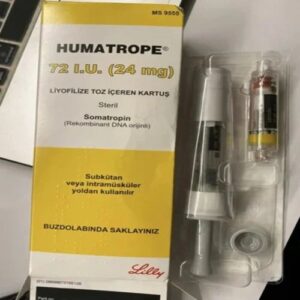MED
noltrex
Original price was: $60.00.$55.00Current price is: $55.00.
noltrex is a veterinary medication commonly used in horses, particularly for its anti-inflammatory and pain-relief properties. Provides analgesia for pain
noltrex is a veterinary medication commonly used in horses, particularly for its anti-inflammatory and pain-relief properties. Provides analgesia for pain management in horses, particularly for conditions involving joint pain or inflammation. noltrex
- Anti-Inflammatory: Reduces inflammation associated with musculoskeletal issues, which can be common in performance horses or those with arthritis.
- Supportive Therapy: May be used as part of a broader treatment regimen to support recovery from injuries or surgeries.
Administration
- Route: Administered via intramuscular (IM) or intravenous (IV) injection, depending on the specific product and the condition being treated. noltrex
- Dosage: Dosage will depend on the horse’s condition, size, and response to the medication. It is crucial to follow the specific dosing instructions provided by the veterinarian or product guidelines.
Dosage Guidelines
- Typical Dosage: Varies by product formulation and the severity of the condition. For example, the dosage might be adjusted based on the horse’s weight and the severity of pain or inflammation.
- Frequency: Administration frequency can also vary, typically ranging from daily to several times a week, depending on the treatment plan.
Side Effects
- Common: Possible side effects might include localized reactions at the injection site, mild gastrointestinal upset, or transient changes in behavior.
- Serious: Potential for more severe reactions, including allergic reactions or systemic effects, though these are less common. Monitoring for any adverse effects is important.
Precautions
- Pre-existing Conditions: Use with caution in horses with pre-existing conditions such as gastrointestinal ulcers or bleeding disorders. noltrex
- Drug Interactions: Be aware of potential interactions with other medications being administered concurrently.
- Pregnancy: The use of Noltrex during pregnancy should be carefully considered and discussed with a veterinarian, as safety during pregnancy is not always well established.
Storage
- Storage Conditions: Typically stored in a cool, dry place. Follow specific storage instructions to maintain the medication’s efficacy. Avoid freezing. noltrex
- Handling: Ensure the medication is used within its shelf life and properly handled to avoid contamination.
Warnings
- Veterinary Use: Only administer Noltrex under the supervision of a veterinarian. Incorrect use or dosage can lead to ineffective treatment or adverse effects.
- Monitoring: Regular monitor ing by a veterinarian is essential to assess the effectiveness of the treatment and to manage any side effects. noltrex
Consultation
- Veterinarian: Always consult with a veterinarian for specific information regarding noltrex , including its uses, dosage, and any potential risks or interactions with other medications. noltrex








Reviews
There are no reviews yet.